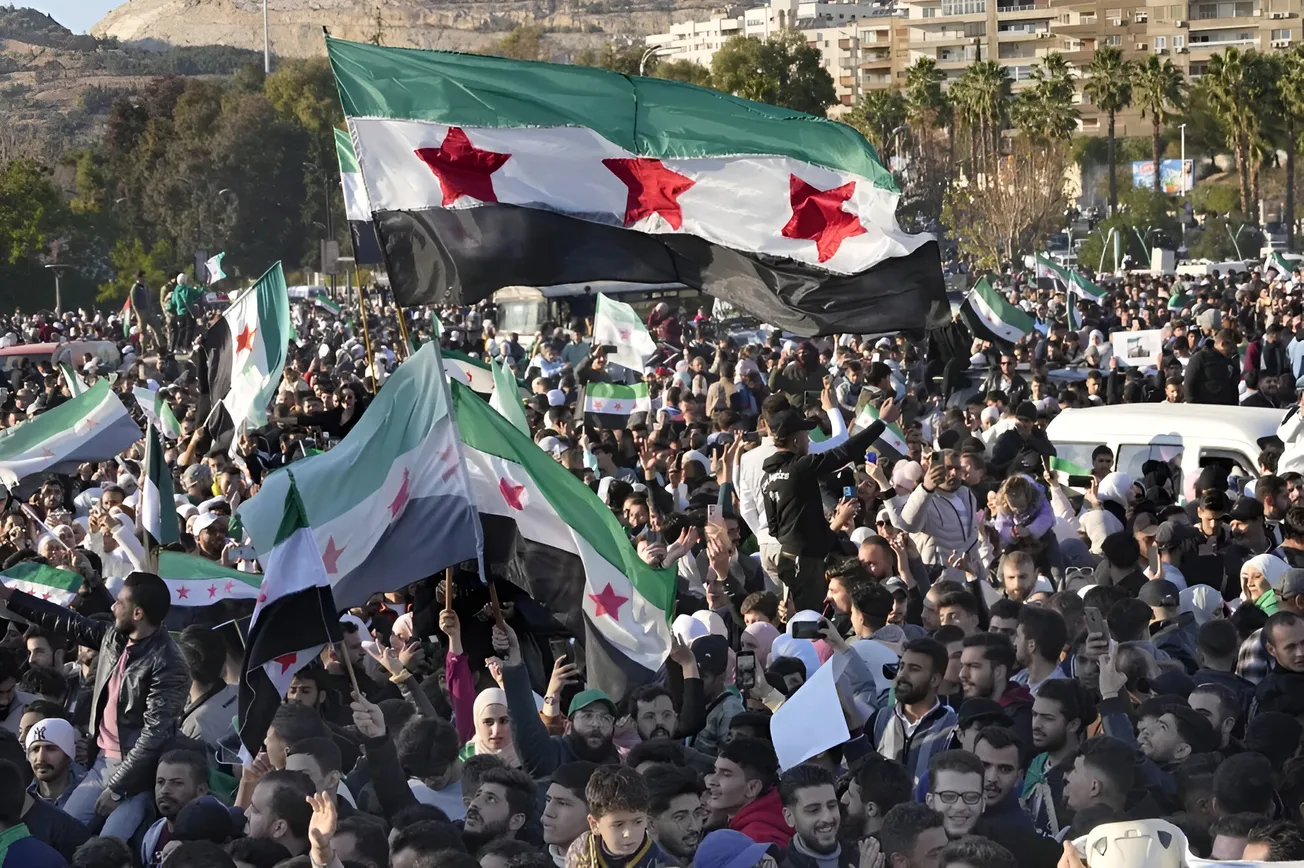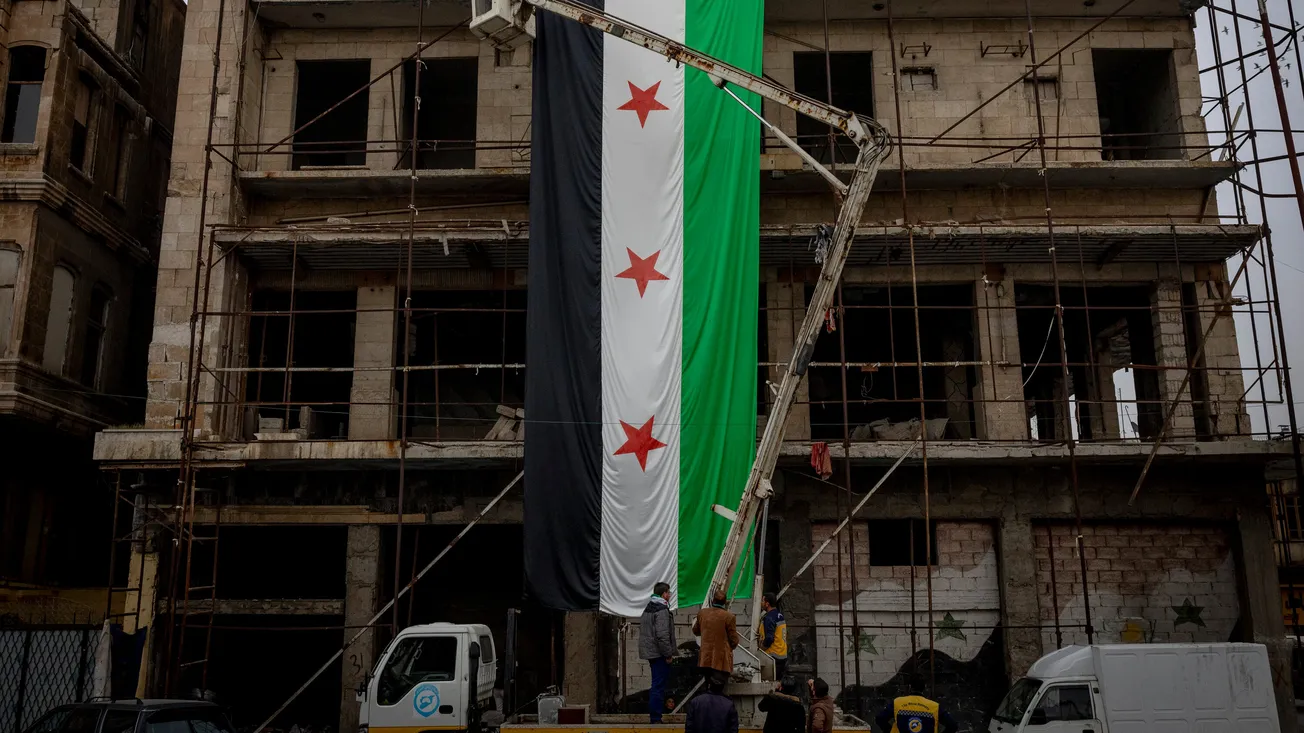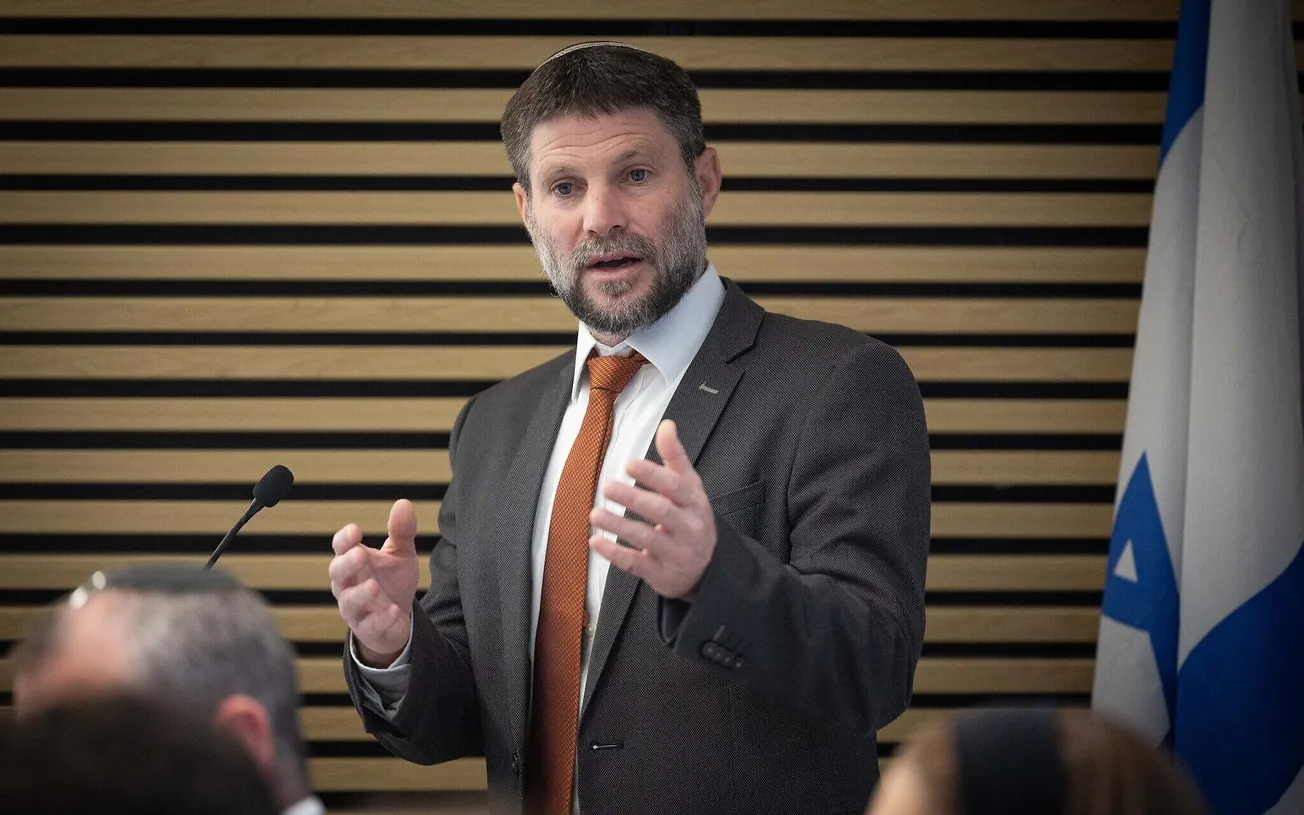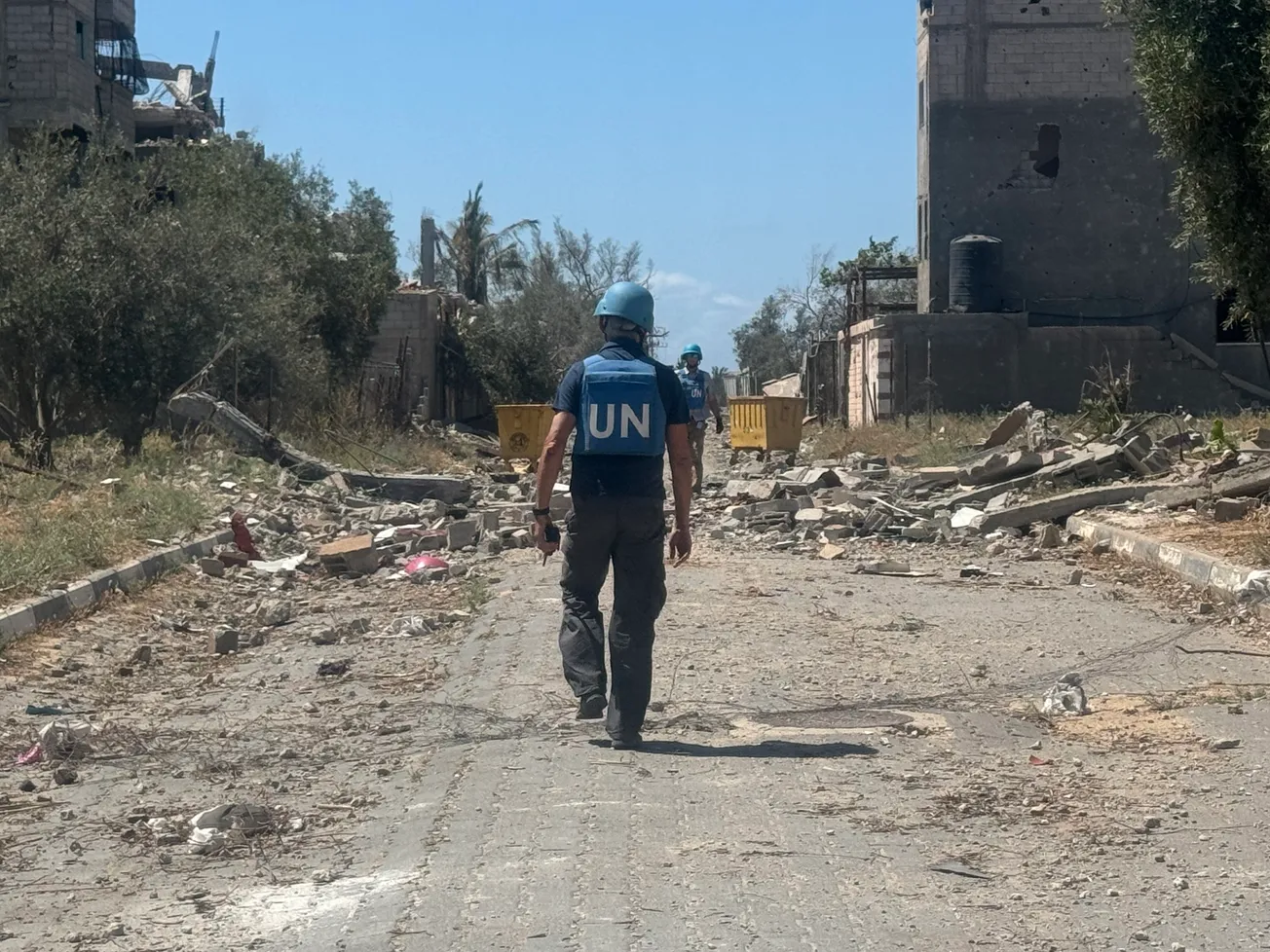In December 2024, Syria underwent a significant transformation with the ousting of President Bashar al-Assad, leading to a complex and evolving situation. The United Nations has called upon Syria's new leadership to safeguard mass grave sites and preserve evidence of crimes committed during the previous regime. This appeal underscores the importance of accountability and justice in the nation's path forward.
The United States has responded to these developments by removing a $10 million bounty on Ahmad al-Sharaa, the leader of Hay'at Tahrir al-Sham (HTS), signaling a shift in diplomatic relations. U.S. Secretary of State Antony Blinken emphasized the need for Syria to become "a good neighbor," indicating expectations for the new leadership to foster regional stability and cooperation.
For the first time in decades, Syria has an opportunity to have a government that is run by and answers to the people, not dominated by a dictator, religious or ethnic group, or outside power. We're determined to work closely with partners so Syrians can realize that aspiration. pic.twitter.com/OCfouCEKCo
— Secretary Antony Blinken (@SecBlinken) December 12, 2024
In the wake of the regime's collapse, numerous Syrian army generals and security officers have fled to Lebanon, seeking refuge from potential reprisals and the uncertain political climate. This exodus reflects the rapid changes within Syria's military and governmental structures.
Amid these transitions, tensions persist along Syria's borders. The Israeli military reported shooting a protester in southern Syria, highlighting the fragile security situation and the challenges the new leadership faces in maintaining order and preventing escalations.
The discovery of mass graves has prompted international concern. The UN's call to protect these sites is crucial for ensuring that evidence of past atrocities is preserved, enabling future investigations and the pursuit of justice for victims and their families. This process is essential for national reconciliation and healing.
The removal of the bounty on Ahmad al-Sharaa suggests a potential reevaluation of HTS's role in Syria's future. Formerly associated with extremist activities, HTS has recently portrayed itself as a force for unity and peace, aiming to rebuild the nation and foster social harmony. The international community remains cautious, monitoring whether HTS's commitment to justice and pluralism will endure over time.
The flight of military officials to Lebanon indicates a dismantling of the old guard, raising questions about the integration of former regime elements into the new political landscape. Their departure may lead to a power vacuum, posing challenges for the establishment of effective governance and security structures.
Incidents along the Israeli border underscore the volatility of Syria's regional relationships. The new leadership must navigate complex geopolitical dynamics to prevent further conflicts and ensure the safety of its citizens.
As Syria embarks on this new chapter, the international community's role will be pivotal in supporting a transition that prioritizes human rights, justice, and stability. The preservation of mass grave sites and the pursuit of accountability for past crimes are foundational steps toward rebuilding trust and achieving lasting peace.
The situation in Syria remains fluid, with the potential for both progress and setbacks. The actions of the new leadership, regional actors, and the international community will collectively determine the nation's trajectory in the coming months and years.






